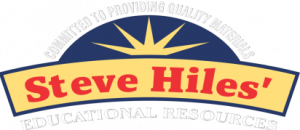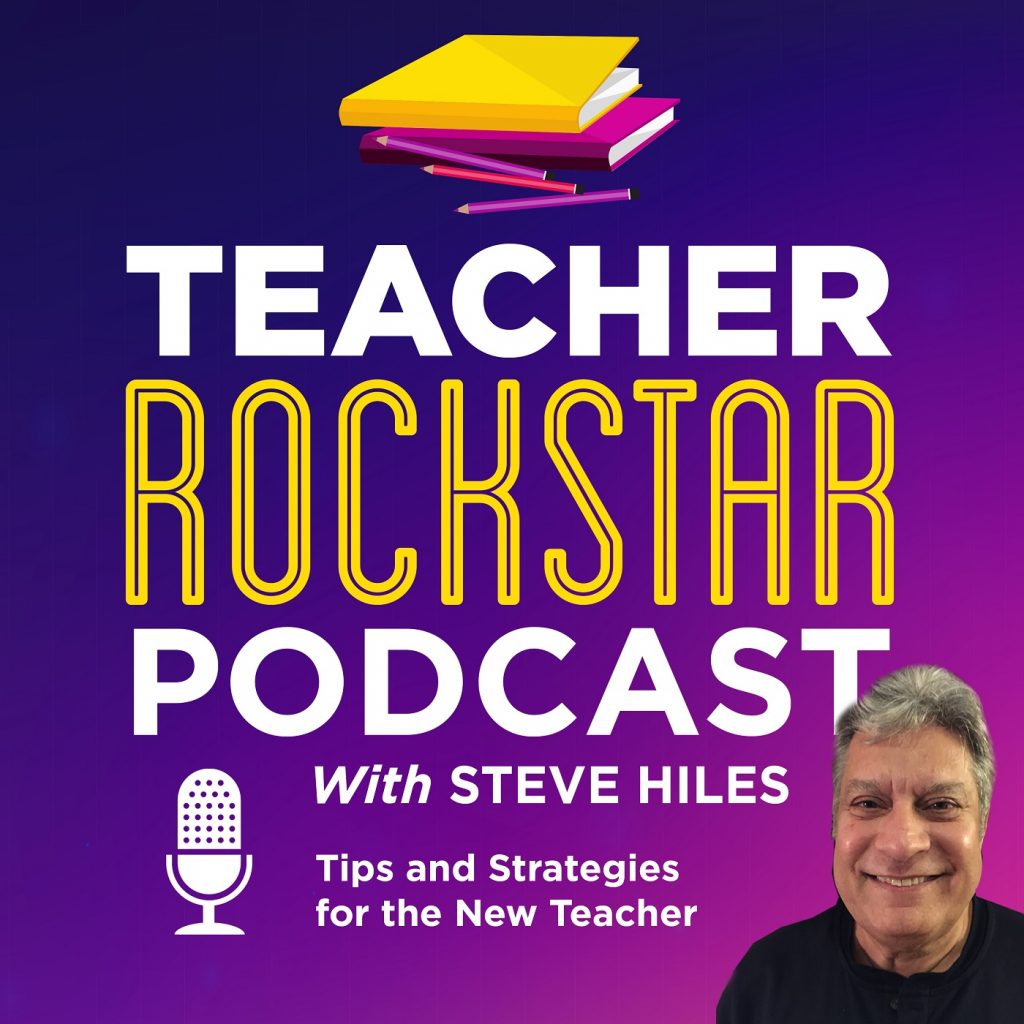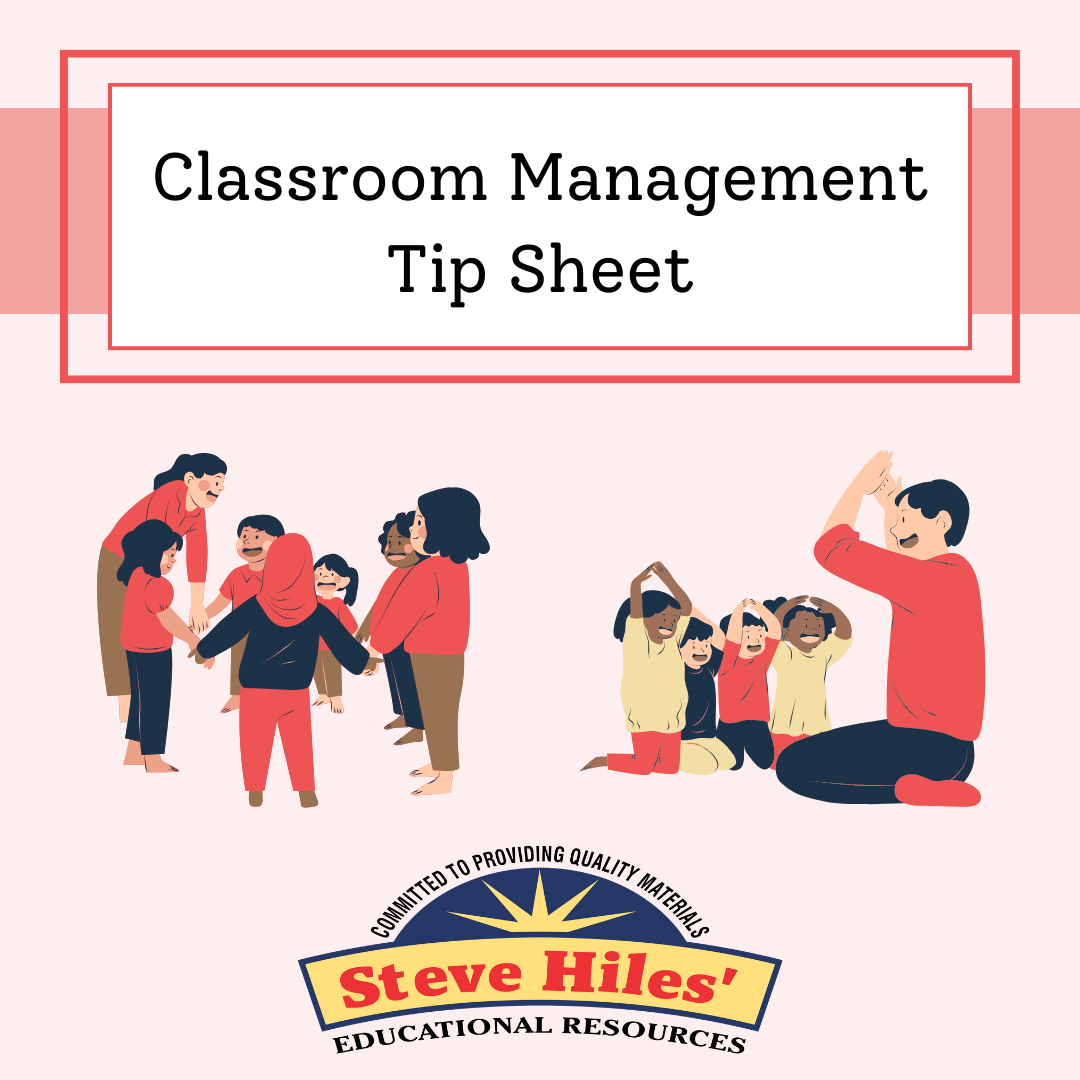A blank page. A sharp pencil. A venue for wild thoughts and creative wonderings. What better way is there to foster a love of writing than to give students the opportunity to put pencil to paper on a regular basis. And while we believe that any time spent writing is good, focused time spent writing is one of the best tools teachers have in their repertoire. With that in mind, we will take time to discuss in detail the proven tips to make your students good writers and readers.
You know, I always told my students that we will only write on days that end in Y. They got a big kick out of it.
Well, It has been proven if you want to improve your writing the most effective way to achieve that goal is to write, and write a lot, writing gives your inner voice a gateway to come out and it helps you refine your thoughts and manner of saying what you wish to say. Writing focuses students on phonics, comprehension, mechanics, developing their voice or perspective, and communicating this perspective to others. Gone are the days of diagramming sentences.
Balanced Literacy focuses on developing the many skills that good readers and writers possess, in an authentic method of communication. Writing makes for better readers and improves comprehension and critical thinking.
Once a teacher understands what is involved in becoming a better writer, they can focus on teaching their students to write.
To effectively foster a community of budding young writers, teachers need to create an environment that is safe, encourages risk, and provides the support for learning the skills essential to the craft of writing. Balanced Literacy provides the teacher with many opportunities to model writing for their students, thereby infusing the skills necessary for their students to develop.
The first step is always to observe the writer and his or her writing. From there, teachers can comment on success, note a teaching point, guide content, and for more advanced writers offer examples of good writing so that the student can apply what is appropriate.
Table of Contents
ToggleStages of Writing Development
People experience predictable stages of development while gaining skills. Before you learned to drive, you had to learn about the parts of the car, what the gas and brake pedals were for, and how to start the engine. It took much practice, first on empty streets or parking lots, then on quiet roads before you were ready to drive in traffic.
Language development also occurs in predictable stages. Babies coo, mimic sounds, learn one-word identifiers for what they want, and eventually put it all together to form coherent words and sentences. Conversely, writers begin with scribbles, evolve to picture, and eventually begin to use letters to represent sounds. From these basic skills, they can later create words, sentences, stories — there is no limit.
It is vital for teachers to understand the stages of writing so they can help their students advance to higher levels. It is a rare class that contains students who are all on the same functional level. Balanced literacy allows teachers to bring students to a higher level, no matter where on the continuum they are.
The writing process is a cycle repeated many times. It is a process that teachers must master themselves before passing their knowledge along to students.
Pre-writing is the first stage, and this happens consciously or unconsciously. Knowing that you have to compose a document, you will probably mull over ideas in your head before you ever set pen to paper. Students may need guidance in formulating ideas, and this stage of the process is designed to stimulate thoughts. This can be an extensive process, sometimes taking more time than the actual writing.
The first draft gets ideas on paper without much concern for the mechanics. It is the starting point from which all future versions will flow. After looking over a draft or sharing it with another reader, a writer will begin to revise by checking for content, organization, and clarity. The next phase is editing, where the mechanics of writing are reviewed. Sentence structure, spelling, punctuation, and grammar are considered.
With these challenges in mind, asking your students to write without teaching them the essentials of writing will lead to nowhere, after all writing is a skill that can be learned and like every other skill some individuals will learn it much more swiftly than others, some might struggle and some will not be interested in learning writing at all, we all observe life from our individual perspective from a very early age.
Now that we communicate using email and other electronic ways, it is well worth to learn the art of effective writing as early in life as possible.
Keep writing tools handy
Give your students the tools for success in writer’s workshop by making the resources they need available in a central location. Have a set place in class to store the students’ works-in-progress folders, along with sharp pencils, erasers, and reference books.
Start with a read-aloud
Great writing often starts with reading great literature, [as they are reciprocal operations of each other] so inspire your students to excel in the writing workshop by reading aloud a favorite short story or poem that acts as a springboard to that day’s mini-lesson. (I usually kept my mini-lessons at 10 to 15 minutes but no more than that!)
Keep the timer going
It’s natural that some kids write more quickly than others. So, while one may be adding the finishing touches to their piece, another will still be brainstorming. Set the expectations that the purpose of writer’s workshop is to write for a specific amount of time, not until a piece is done. If someone isn’t finished when the timer dings, just set the work aside to finish during another workshop.
Have a routine
Set clear expectations about how you expect writer’s workshop to work, for example, start with a mini lesson and finish with a peer critique. Keep that routine consistent so kids can focus on what matters: putting pencil to paper.
Model the writing process first
Some kids struggle with understanding what it takes to write. One of the best tools you can give your students is to model the writing process by thinking aloud as you compose a piece from brainstorming to final edits. This process of modeling may take some time, but it gives your students an invaluable glimpse into how a writing mind works.
Allow for flexibility
Writer’s workshop is an innately flexible activity—capitalize on that by allowing your kids to process their writing in the way that naturally works for them. If one kid outlines first while another skips all of the prewriting steps and immediately starts drafting, don’t worry about stringent rules but instead praise the individuality of each child’s process.
Have some fun
Try having your students write about their messy rooms, the plight of homework or what they would do in a zombie attack. Indulging a fun aspect in writing allows students to unleash their creativity. They should never feel forced to follow a set path while maintaining the goals of the workshop.
Switch up your objectives
One day have your students write with the purpose of practicing organization, and then next have them write for word choice. That way kids get specific practice focusing on a variety of writing skills.
Never skip peer feedback
There is a temptation to skip small group feedback or critique in order to save time. But this is one of the most valuable components of the writer’s workshop process. Always make sure that your students have the opportunity to work in small groups to critique and hone their work.
Give teacher feedback, too
Always spend time reading your students’ work and giving them feedback. There’s value in writing, but even more value in learning from the mistakes and accomplishments of the writing process.
Keep inspiration handy
Always keep a variety of writing samples available for your kids to read and use for inspiration if they get stuck. Like Sharing examples of your OWN writing makes for a great mini lesson!
Write across the curriculum
Try facilitating a writer’s workshop during science or math class and have your students write about what they are learning or respond to an assignment or concept.
Turn writer’s workshop into a classroom discussion
Writing is a great segue into meaningful conversation. Always plan a thematic writer’s workshop the day before you plan to have a classroom discussion on the same topic. That way, the students have already processed and organized their thoughts and are ready to think deeply as the class converses.
Always give your students a choice
While it’s essential that a teacher guides student writing for example: have you ever tried to tell your classroom to “just write something?”, it’s also essential that kids have choice in their writing. Provide a group of writing prompts that center on a theme and allow your kids to decide which direction to run with their words.
Host a “coffee shop” celebration of writing
Allow your aspiring authors to share their work with the entire class if they desire. Pull up a special chair and allow the featured authors to share what they wrote.
Keep work to show growth
Many teachers keep their students’ writing either in a journal or a folder. Either way, make sure you keep all work together in one place so your students can measure their own writing progress and go back and read old pieces for comments and ideas.
Demonstrate your love of writing
Show your students how much you love writing by choosing to spend the writer’s workshop time journaling or writing for yourself. Be sure to read your work aloud, too!
Don’t stop at writer’s workshop
It’s easy to separate writer’s workshop from the rest of instruction but this is a waste of precious instructional resources. it’s key to explain to students that writing doesn’t end at writer’s workshop, it only begins there.








